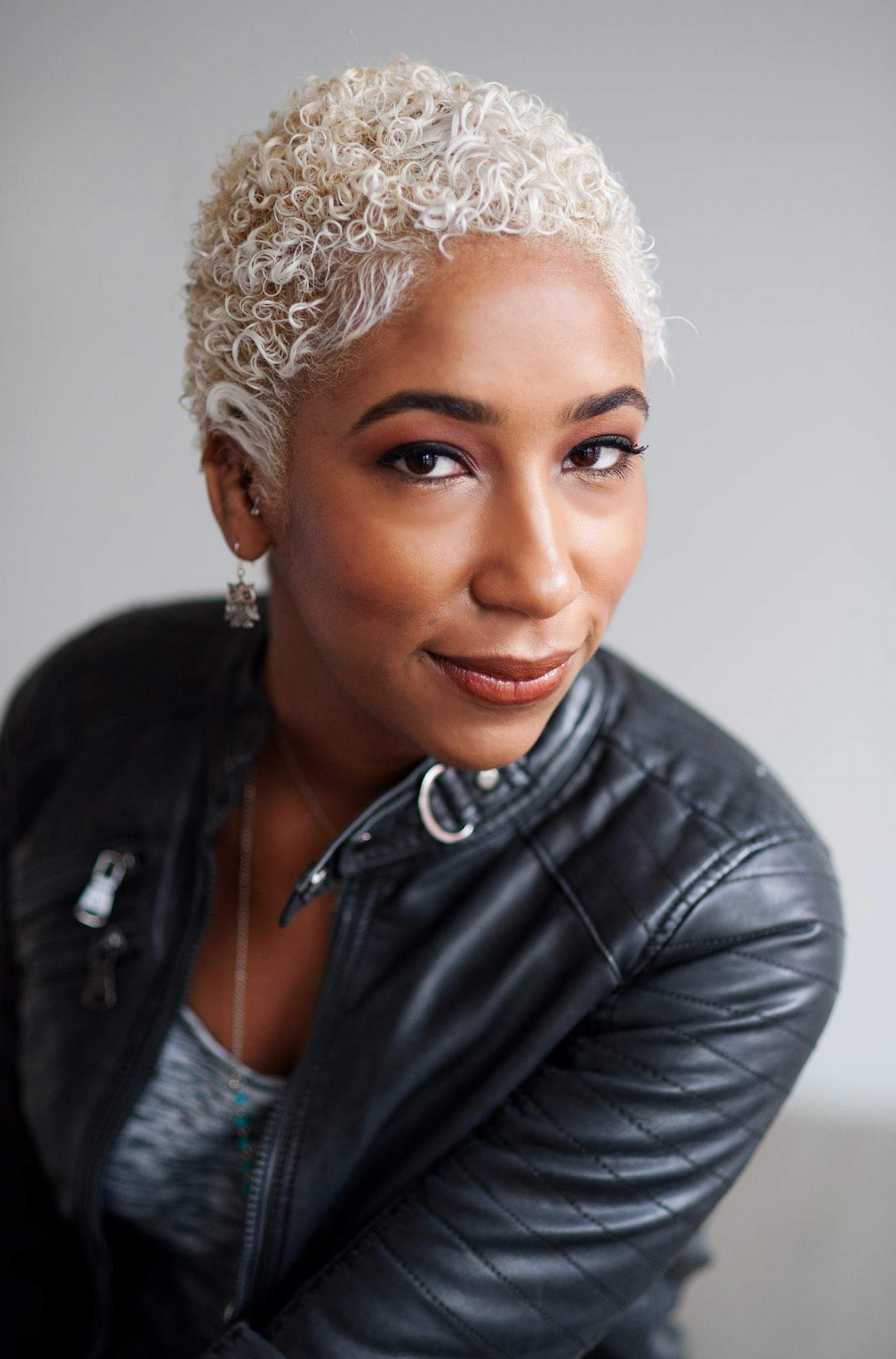NASSAU, BAHAMAS – Eyewitness News-Online has examined sexual harassment in the workplace in a three-part series. The first series looked at the legal ramifications if someone was being sexually harassed in the workplace, and the legal steps that should be taken if nothing is done.

Part Two featured Simmone Bowe, who openly shared her views on being sexually harassed in the workplace.
Part three of the sexual harassment in the workplace series continues today and focuses on Hollaback Bahamas, a local organization that mainly focuses on street harassment, but is also willing to help those who are being sexually harassed in the workplace or elsewhere.
If you are being sexually harassed in the workplace, know that there is a local organization that can help.
Alicia Wallace is the Director of Equality Bahamas. She also oversees the youth-led Hollaback Bahamas group, which presently operates under the Equality Bahamas banner.
Wallace said while street harassment is rampant in The Bahamas, a number of women have sought assistance through Hollaback Bahamas for sexual harassment in the workplace, schools, colleges and even churches.
“Pretty much anywhere that you can think of, where women visit, sexual harassment happens there and we have largely helped people to determine how to intervene,” Wallace said.
Wallace’s desire to lead the Hollaback movement in The Bahamas came in 2013, when a friend was very adamant about ending the experience of sexual harassment in public spaces.
Wallace was also fed-up with some of the comments of men while in public spaces, so she reached out to the international Hollaback organization and looked at ways to launch the initiative in The Bahamas.
“I went to the website and saw that they actually trained young people to run their own organization, so I signed up immediately and I was sold from the beginning. I signed up for the training, did a few months of training in New York City, and I joined at the time with about 82 cities around the world.
“It is truly a global organization and it was really a great experience to be a part of this training programme, to join this community of people who were fighting something that people here [in The Bahamas] are trying to convince you does not exist or is not a problem.
“So, it is a sort of empowerment for other people to validate your experience and say yes, what you are experiencing is problematic, yes it is trauma causing, and we do need to do something about it to bring it to an end.”
Wallace said Hollaback Bahamas has done some training on bystander intervention and they have also advised persons of how to deal with sexual harassment.
“It is in the workplace, but they actually don’t want to take it to human resources; or they work in a small business where there isn’t a separate human resources department so there really is nowhere for them to go with the complaint other than the owner or the manager,” Wallace explained.
“Sometimes that owner or manager is the person who is the perpetrator, so a lot of what we do [at Hollaback Bahamas] is helping women to figure out exactly how to navigate it [sexual harassment] without having to report it to HR if that is something they are not comfortable with doing.”
Wallace also noted that sexual harassment in the workplace sometimes goes unreported, depending on the size of the company.
“It really depends on the person and the kind of workplace that they are in, so the way that you respond in a large organization like a major hotel, would be much different than the way that you respond if you are working at a convenience store.
“So, if you are working at a large organization, if you are comfortable, you might speak directly to the harasser and say what you are doing is not appropriate, please don’t do this again.
“If it persists, you either go to your own manager or to that person’s manager and then beyond that go to HR, which is usually the department that does not have a personal relationship with either person.
“The hope would be that they would be quite unbiased in the way that they handle the situation but again that varies depending on company policy as well as the experience of the particular HR manager.”
Wallace said a lot of persons who are human resources managers do not have specific training to address sexual harassment complaints and this also becomes an issue between the employer and the employer.
“There have been some circumstances where women have come to us and asked us to accompany them in making a report, or they have made a report and they don’t feel happy with it and they connect us with Human resources and we are able to have a conversation with them about the impact of sexual harassment.”
Wallace said it is too often that the term “sexual harassment” in The Bahamas is minimized, many claiming that it is something that will happen to women every day – whether they are at work, in a parking lot, and even the grocery store.
“That attitude has actually permeated so many different institutions and it makes it quite difficult for women, not only to report, but to actually get the information that they need,” Wallace said.
Persons who are experiencing street sexual harassment or sexual harassment in the workplace can contact Alicia Wallace through the Hollaback Bahamas website at Bahamas.ihollaback.org.
Part 1 of the sexual harassment series can be found at: http://ewnews.com/sexual-harassment-in-the-workplace-is-real.
Part 2 can be found on: http://ewnews.com/sexually-harassed-victim-shares-her-story






